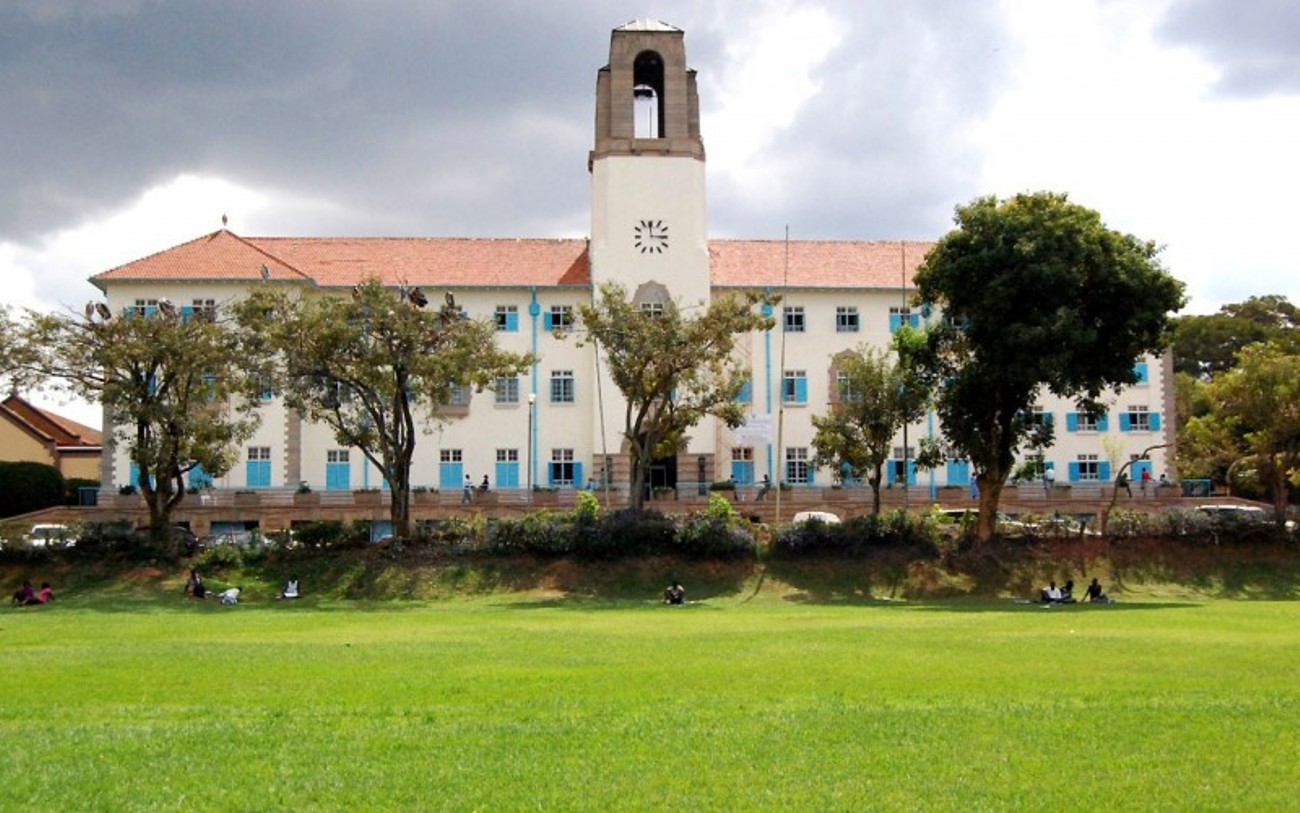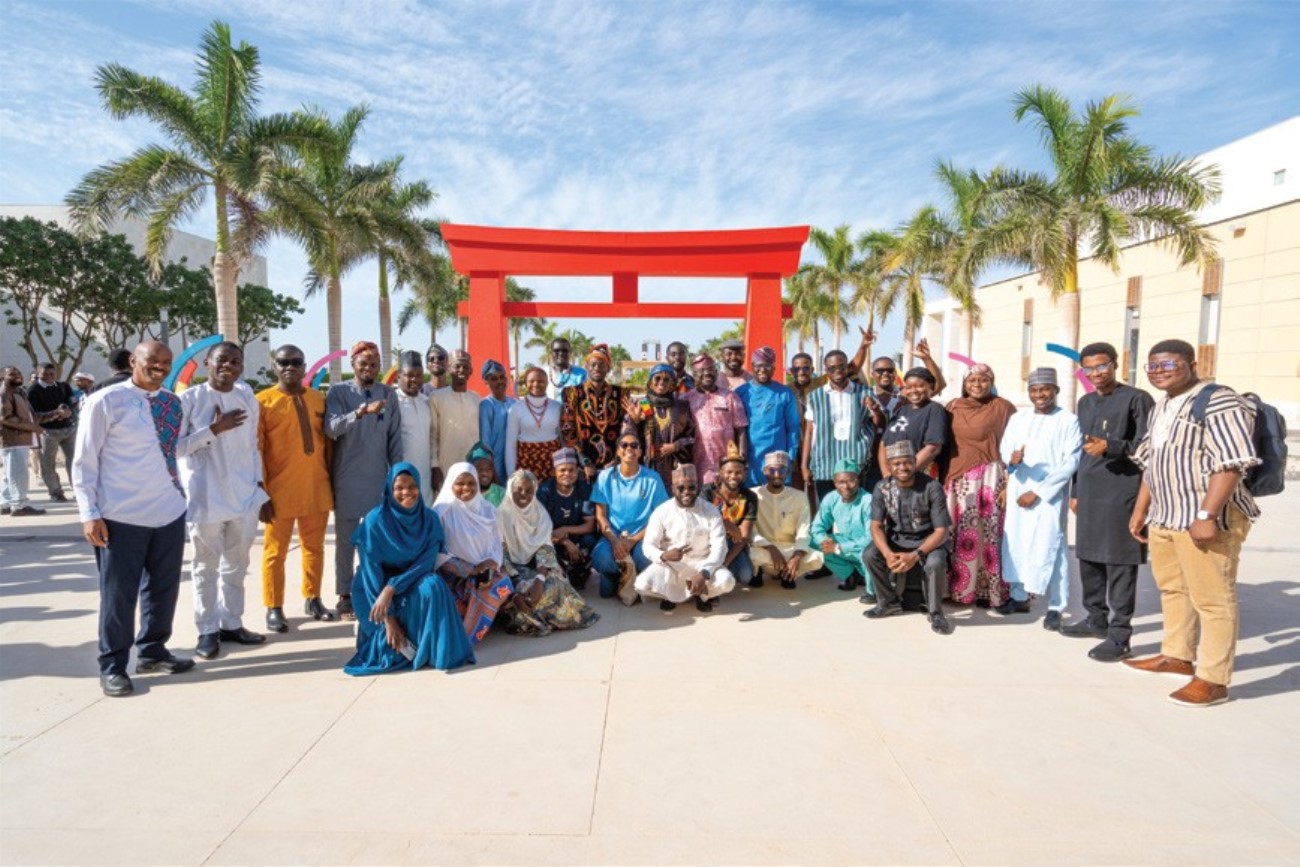Agriculturalists advised on Integrating Gender in Research for systematic, holistic, transformative and equitable development during the NARO-MAK Scientific Conference
Men and women play key roles in agricultural production, processing and natural resource management. However, youth and women face greater constraints in agricultural production.
In her keynote address during the 2nd NARO–Makerere University (Mak) Joint Scientific Conference on Thursday, 15th November, 2018 at Speke Resort Munyonyo, Forough E. Olinga said, redressing the balance is key to increasing productivity and reducing poverty. Ms. Forough E. Olinga is a Gender Mainstreaming and Training Consultant.
She was speaking on Gender Mainstreaming in Research and Development with special focus on Advancing Gender Research in Agriculture where she stressed that the human factor in agricultural Research and Development is as critical as other inputs such as land and water.
Ms. Forough said that research has shown that households do not act as one when making decisions, and that one’s share of resources depends on bargaining power.
“Women control fewer resources than men. Women’s assets and incomes are used to improve the health and food security of their children and therefore improving women’s access to assets can increase agricultural productivity, food security, and children’s nutrition, health, and education”, she said.

She reported that women and most youth are disadvantaged with respect to access and user rights in both customary and statutory land tenure systems, human capital, pervasive misconception and false assumption, inputs and technologies and social capital among others.
“Reducing inequality in human capital, physical capital and inputs between male and female farmers in sub-Saharan Africa has the potential to increase agricultural productivity by up to 20%”, she added.
Ms. Forough advised academicians and researchers to look through a “gender lens” by involving women and youth in agricultural research and development and asking questions relevant to both female and male farmers, noting that boundaries of “farming” go beyond the field edge.
Basic questions for gender integration according to Forough include asking what different roles/stakes women and men have in the activity, how the program might affect them differently, whether both men and women will realistically be able to participate and benefit (in terms of time, assets etc) and the program contribution to gender equity.
She observed that in many societies these inequalities are due to gender differences in the division of labour. These social constructions, she shared, attach themselves to behaviors, expectations, roles, representations, and sometimes to values and beliefs that are specific to either men or women.
She explained that the call for Modernization of Agriculture was a call for a paradigm shift, which necessitates a transformation in the mind-frames of the people, involvement in the social and legal structures that support the agriculture sector and that all people and different categories of people in farming communities are the key stakeholders in development.

“Basing research on sex-disaggregated data is one way researchers can ensure that gender is factored into their study. At each step of the research, men and women should act as informants, collaborators, and evaluators about current practices and experimental technologies”, Forough stated.
She defined Gender as an organizing factor that works around systems within a community e.g. production, consumption and distribution. Furthermore, she referred to Gender Mainstreaming in Research as a Unit of gender analysis which is based on each individual at the household level by age, location and culture. She also defined Gender Analysis is a tool to better understand the realities of the women and men by age and location, whose lives are impacted by planned development.
“Principally it is about understanding culture expressed in the construction of gender identities and inequalities, and what that means in practical terms is also political. Gender analysis goes far beyond counting the number of women and men.
It highlights the differences between and among all categories in terms of their relative distribution of resources, opportunities and constraints”, she said.
Ms. Forough also gave an overview of why and how to pay attention to gender in agriculture, the root causes of present global crises, linkage between social structure and scientific technology and how to integrate sex and gender in agricultural research and development.
Other insights were on the use of Sex-Disaggregated Data (SDD) and Gender-Disaggregated Data (GDD), characteristics of a good data for planning, the role of information in gender-sensitive planning and programming, tools and methods appropriate to SDD and gender perspective and methods for gender analysis among others.
Report compiled by;
Jane Anyango
Principal Communication Officer, CAES
Follow #NAROMAK18 on Social Media for Live Updates
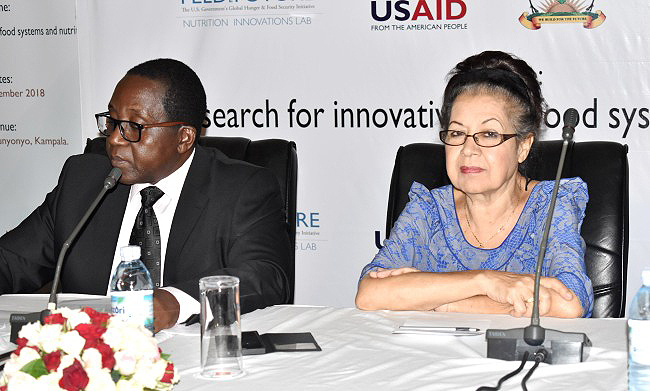

 General2 days ago
General2 days ago
 Health1 week ago
Health1 week ago
 Innovation2 days ago
Innovation2 days ago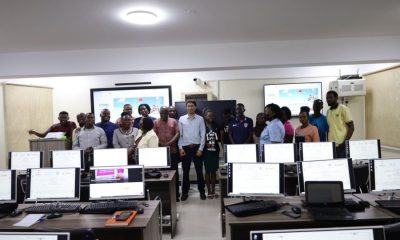
 Computing & IS3 days ago
Computing & IS3 days ago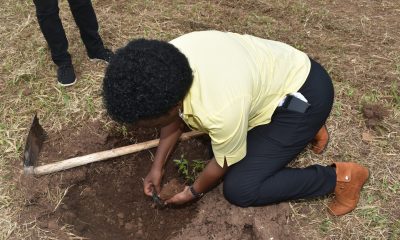
 Agriculture & Environment2 days ago
Agriculture & Environment2 days ago


